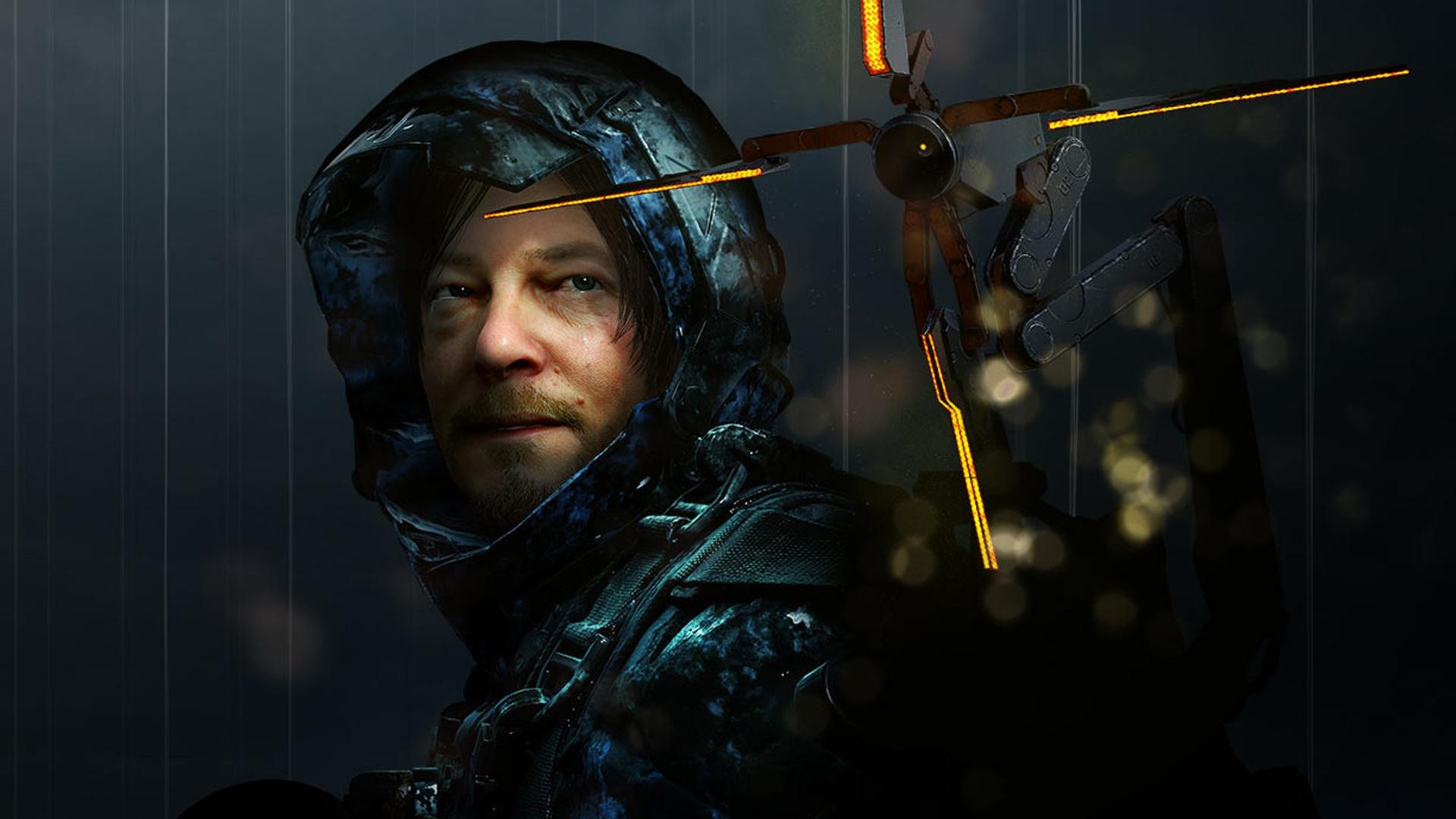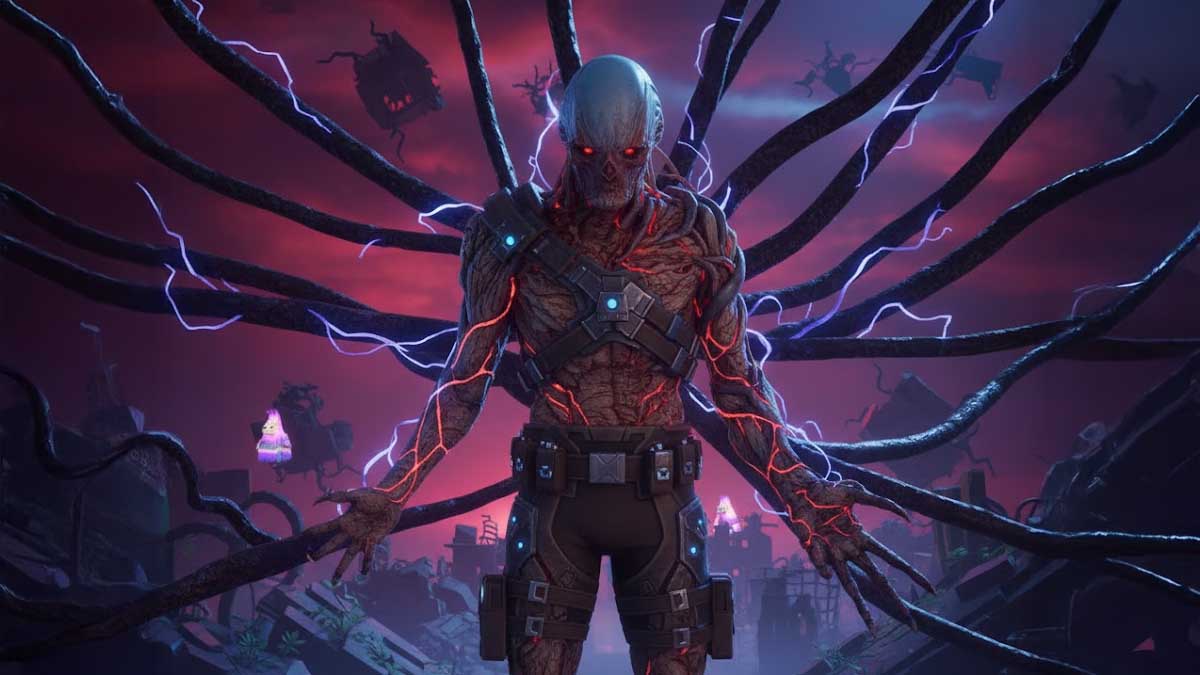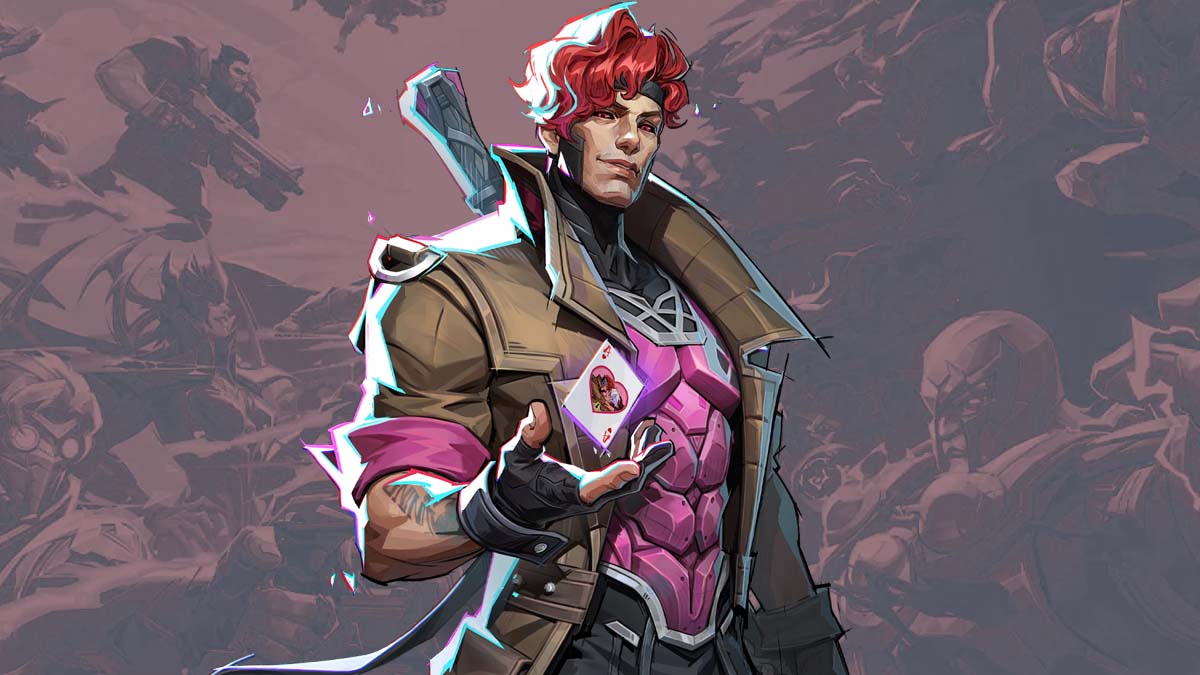You can trust VideoGamer. Our team of gaming experts spend hours testing and reviewing the latest games, to ensure you're reading the most comprehensive guide possible. Rest assured, all imagery and advice is unique and original. Check out how we test and review games here
In an interview with Game Informer, Hideo Kojima explained how the central theme of connection affects the story, features, and mechanics of Death Stranding.
Tokyo Game Show has offered two extended looks at Death Stranding, accompanied by commentary by Kojima, but the game is very much still a mystery. As revealed in this interview, Kojima believes its most important message is that players are not alone in the desolate world of Death Stranding. ‘Playing the game is a lonely feeling, because you play alone usually, even though you’re online,’ he said. ‘ A lot of people play on the couch, and perhaps they feel like, “Oh, I’m lonely, and I’m maybe strange, playing all alone.”’
‘But at a certain point, you realise, “There is someone really similar to me who felt this loneliness,” because you see it when you’re indirectly connecting. Like in a movie theater – there are maybe 200 or 300 people watching a movie together,’ he explained. ‘Of course, you can’t see other people’s faces, but you can see the tracks and traces, so you can feel or think about the other people.’
Kojima referred to the objects that other players leave behind, such as ladders and crates. These can be awarded likes, but it wasn’t clear what purpose the likes served. It turns out that they don’t really mean anything, mechanically speaking. ‘In a game, you get more money, or you get more fame, or you get more kudos, right? That’s what game systems now days are about – you want something in return if you do something,’ Kojima clarified the thought process behind including likes in the game.
‘At the beginning, the Asian staff said, “Hey, Hideo, no one will ever understand this. Maybe the Japanese might.” I said, “That’s why I want people to do it in the game.” So all these staff members said to me, “We have to give them kudos or points or whatever,” but that would be like a normal game – any other game. So I said, “Giving ‘likes’ is giving unconditional love.”’ He added that the setting of Death Stranding shows the ‘lowest world you can think of’, and the likes are a beacon of positivity and connection.
Regarding the theme of connection, Kojima stated that it’s purposefully ambiguous so that players may draw their own conclusions. ‘For Bridges’ sake, you’re connecting from east to west and they want you to join the UCA – the United Cities of America,’ he said. ‘ When you connect, you can use UCA services, but at the same time, they’re retrieving your information 24 hours a day. It’s like 1984. Some people may not like that, and say “I’m not going to connect to UCA, because we’re going to repeat the same thing that we did.” Like Trump, or the EU, these things. It’s a metaphor.’
‘When you play, and connect, there’s drama, there’s preppers, there’s storyline; you start to feel like connection might really feel good,’ Kojima inferred. ‘But I’m not saying it’s positive or negative to connect. It’s really up to the players to see how they feel while playing the game.’
As well as these abstract ideas of humanity, connection, and the apocalypse, Death Stranding players will also look forward to hiking with heavy backpacks, eating worms, and weeing to create a holographic mushroom.
Death Stranding launches on November 8 for the PlayStation 4, and then for PC at a later date.






